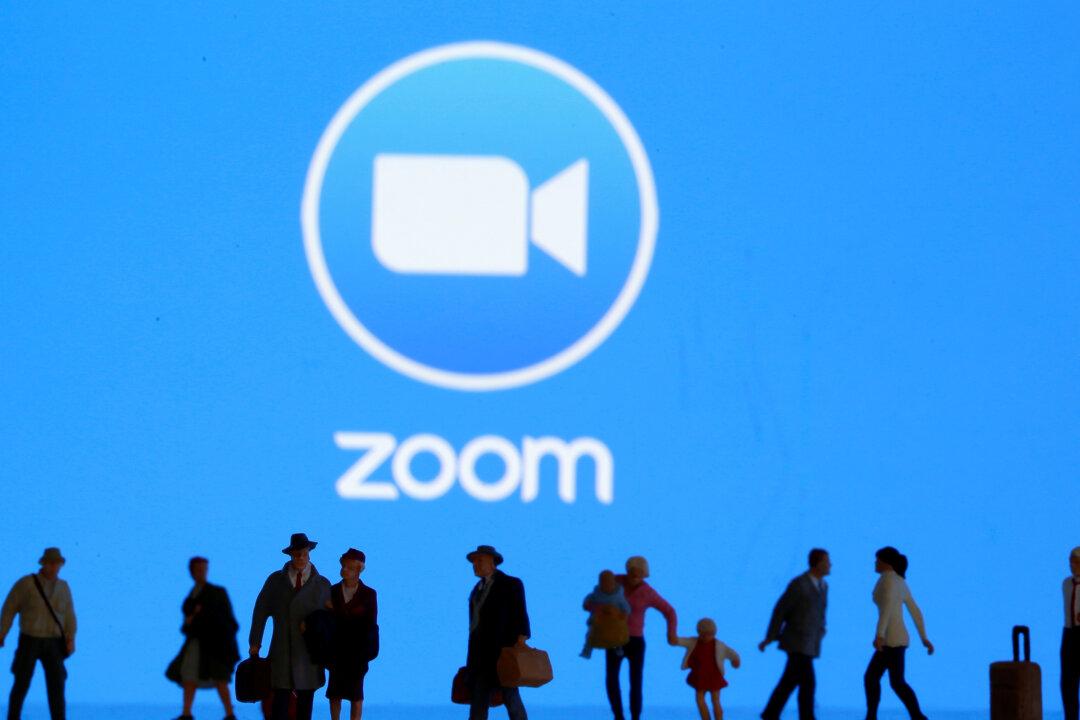U.S. prosecutors have charged a China-based executive of Zoom over his role in disrupting video meetings held to commemorate the Tiananmen Square Massacre this year, the Justice Department announced on Dec. 18. Zoom is a popular U.S.-based videoconferencing app, developed in China.
Prosecutors allege that Jin Xinjiang, or “Julien” Jin, worked under the direction of Chinese security officials to censor a series of meetings in May and June this year held by U.S.-based activists to mark the 31st anniversary of the 1989 Tiananmen Square Massacre, when the Chinese regime violently suppressed a protest movement calling for pro-democracy reforms. Jin was charged with conspiracy to commit interstate harassment and unlawful conspiracy to transfer a means of identification. He is still at-large in China.






